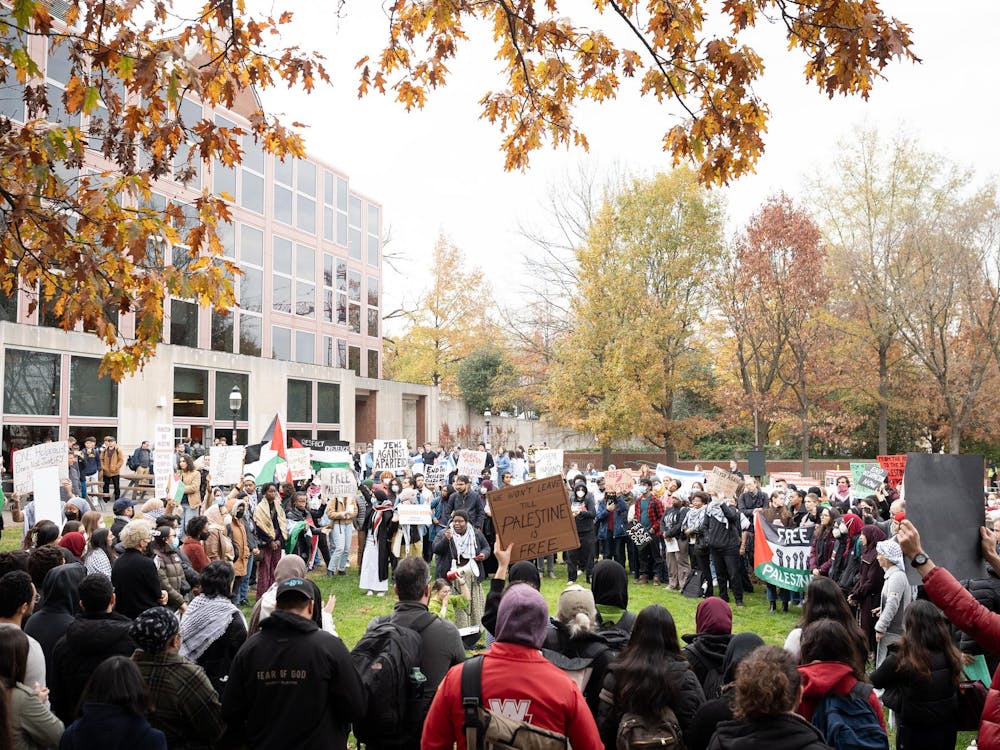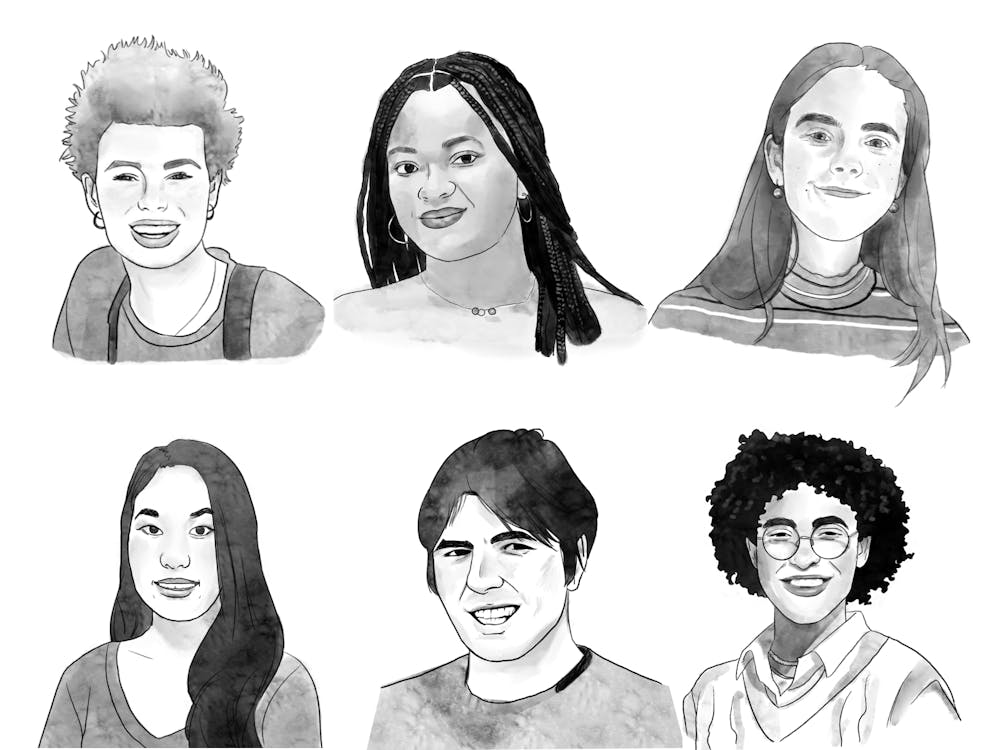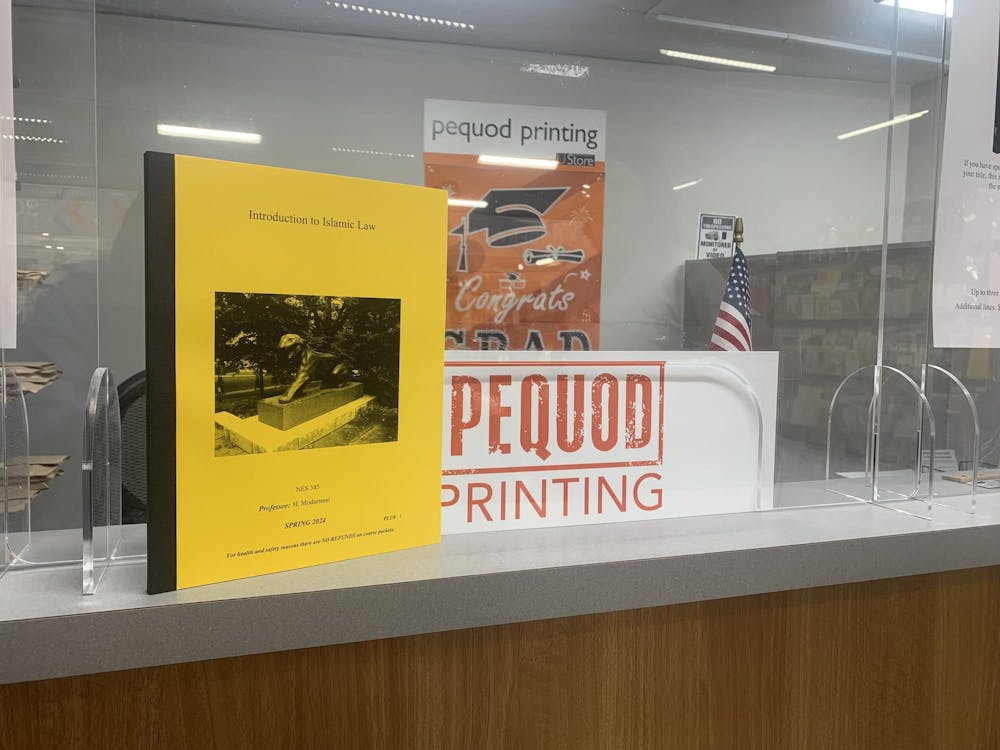Woodrow Wilson is a saint of Princeton’s past. Woodrow Wilson is a villain and a bigot. These are not contradicting viewpoints — they are both true. How we deal with his century-old legacy has striking reflections in how we treat heroes and villains in the social media age, where saints and martyrs live and die in the 24-hour news cycle.
It is easy to venerate or demonize, and we have done so for eons. Historically, many legends — Odysseus, Beowulf, Christ — were real historical figures, whose deeds and ideals were elevated by time and legend and social need to embody ideals their peoples valued until they became gods. Today, we still raise saints, and villains to oppose them, whenever groups define themselves. The United States is built on the legends of Washington and Ford. Princeton venerates Witherspoon and Wilson, Class of 1879. Even smaller tribes have their forefathers: OA leaders deify Rick Curtis ’79 and the Band honors its exemplars, Fred Fox ’39 and Tom Meeker ’56, with our own traditions, both solemn and silly.
Immortals have always clashed in support of their mortals — think of the Gods fighting over Troy, or the martyrs of Christianity or Islam. Today, tribes connected by the web form around a hero, sanctify him in an echo chamber, find a dragon to slay and make battle — but all too often, the dragon is your neighbor.
If you’ve heard of Twitter, you will be all-too-familiar with its particular brand of public shaming. As Jon Ronson detailed for the New York Times Magazine this spring, a single tweet can ignite a worldwide firestorm of hate, resulting in jobs lost and lives ruined. One of the cases Ronson highlights is that of Adria Richards, who posted a picture of a man she overheard telling a “big dongle” joke at a tech conference, accusing him of perpetuating gender imbalance in technology. Warring digital tribes sprang up, with feminists howling for the man’s dismissal while men’s rights activists threatened Richards and her employer with digital and physical violence. Both Richards and the man she called out were fired, but neither tribe made any ideological progress by crucifying the other side’s martyr.
After these controversies, the world moves on — the 24-hour myth cycle turns again, we forget Richards and her subject and begin venerating new heroes, exorcising new demons. But we leave the shamed trapped in myth. In casting them as heroes or villains, we forget their humanity. But human they are, and it serves no cause and fits no definition of justice that human lives should be ruined for human mistakes.
We have seen a number of such cycles of rage on this campus. Tiger Inn played a convincing villain last year, with the self-parodying party theme “15th Century A.D. Ottoman Aristocrats and Sluts” and a joking email urging members to “boo Sally Frank” for her efforts to integrate the club. Gender bias is a real issue, but failing (as I did initially) to consider the possibility that irony may be lost when context is removed leaves us futilely slaying strawmen. Even University President Christopher Eisgruber ’83 was caught on the wrong side of a myth cycle, when his statement last spring that “controversy” is “fundamental to the life of any great university” was willfully misinterpreted by protesters as saying that racism was fundamental to Princeton’s life. The TI and Urban Congo clashes were not 24-hour myths — even legends must slow down for Princeton, but we see in them the same regrettable emphasis of narrative over fact.
The bare facts of Odysseus’ and Beowulf’s lives matter little, as death and time protected them from their exalters and their exalters from inconvenient truths. But problems arise when living people, such as Richards, are caught up in legends. Time is a slow-acting balm. It seems even 90 years since Woodrow Wilson’s death cannot swallow the man and allow the myth to live without pain.
Wilson is rightly honored by a university celebrating values well worth celebrating: his meritocratic campaign against the Gentleman’s C, his hiring of the first non-Protestant faculty, his founding of the Graduate College and his efforts to break the elitist social monopoly of eating clubs have all greatly improved this school. And he is rightly condemned for his unjustifiable racism. How do we synchronize the great scholar and the bigot?
With humility. Wilson is both saint and demon because he was human — imperfect, struggling to do right by an imperfect historical set of norms. We build community by honoring his highest ideals, so it is right that his name remains a part of this campus. And we build community too by recognizing and condemning his basest bigotry. For we, too, are human.
This is not to say that all mistakes are equally forgivable. Wilson's racist policies were more deliberate and harmful than Richard’s tweet. But when we think of legacies of our mythic figures, we would do well to recall their humanity and their context as well.
So let Wilson be an exemplar of scholarship, a foil for tolerance and, lastly, a humbling reminder: we cannot live in this society of 24-hour myths without accepting the hero and the demon in every one of us.

Bennett McIntosh is a chemistry major from Littleton, Colo. He can be reached at bam2@princeton.edu.








